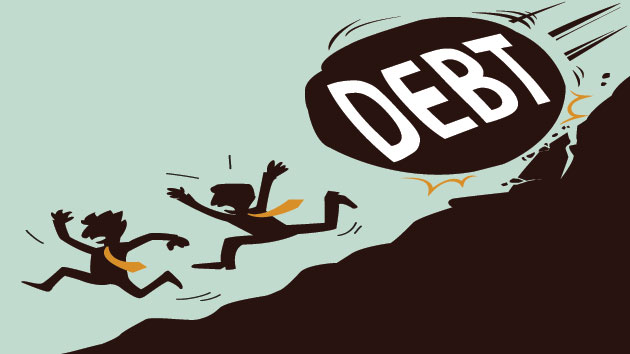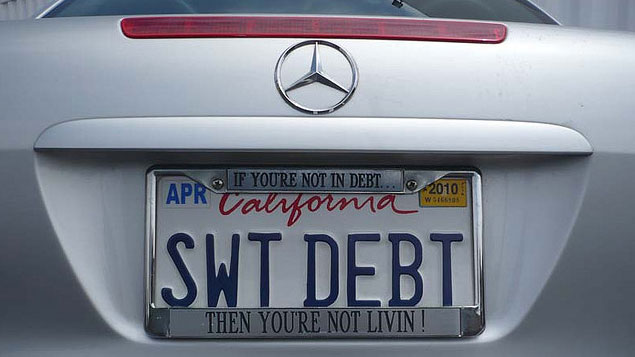
<a href="http://www.shutterstock.com/pic.mhtml?id=159060899&src=id">jesadaphorn</a>/Shutterstock
What should you do if you’re being pursued by debt collectors, sketchy or otherwise? We just interviewed Jake Halpern, the author of Bad Paper, an engrossing new book about the debt-collection industry. Halpern got interested in the story when a collector started harassing his mom, and she ended up paying a debt she didn’t owe. So we asked him for some tips on how to deal with these guys when they come calling:
- If you’re sued over a debt, show up in court. Ideally hire a consumer lawyer. That’s your best bet. If you can’t afford the lawyer, show up in court and demand to see the evidence that proves this debt is valid. Often that evidence doesn’t exist.
- Know the statute of limitations in your state, and if the debt is not legally enforceable, you might want to think twice about paying it. If you [make a payment] that often that will revive the debt. The statute of limitations is reset, refreshed, and now you are legally liable for that full amount. Don’t do that!
- If the debt is seven years old, it’s probably about to go off your credit report, so unless you feel morally obligated, there may be no real advantage to paying.
- Before you pay a debt collector on the phone, I would ask for a validation letter demanding they provide all the evidence they can that this debt is real, including account statements and original signed contract, so you can get a sense of whether these guys really own your debt.
- Check on both the Better Business Bureau and the CFPB website to see what consumers have said about this particular collection company. If people are saying, “I paid these guys and two weeks later I got another call on the same debt,” I wouldn’t pay them, because they probably don’t own your debt.
- Bargain. These guys bought your debt for pennies on the dollar. They might take 50 percent of what they say you owe—or less.
- If you pay, don’t assume that it will automatically appear on your credit report. You often need to take what they call a paid-in-full letter and send copies of that to the three major credit reporting agencies.
- If a collector is calling you and threatening you, or leaving information about your debt on an answering machine that other people could hear, or calling very early in the morning or late at night, that could be a violation of the Fair Debt Collections Act, and you can hire a consumer lawyer and sue them.






